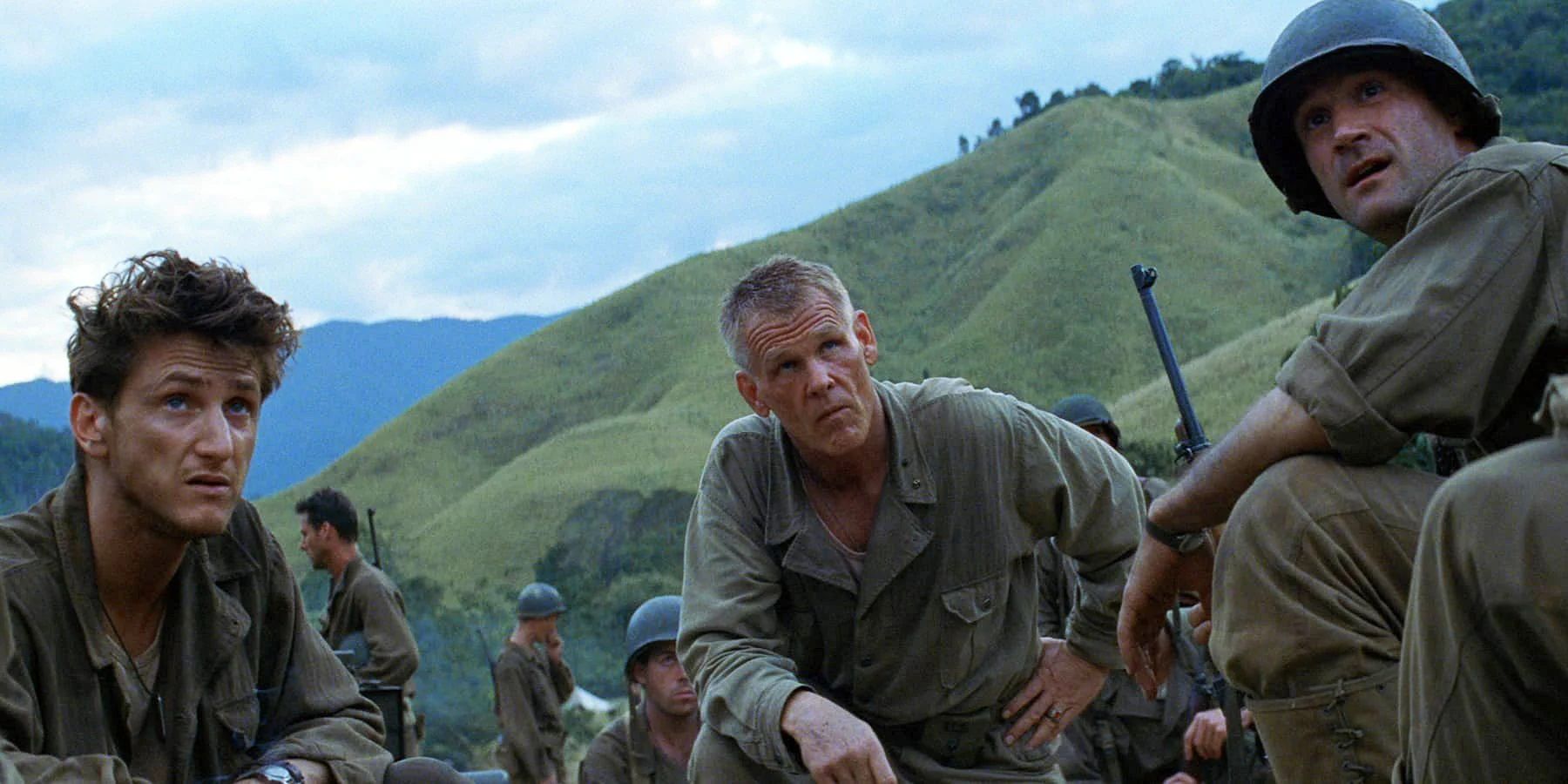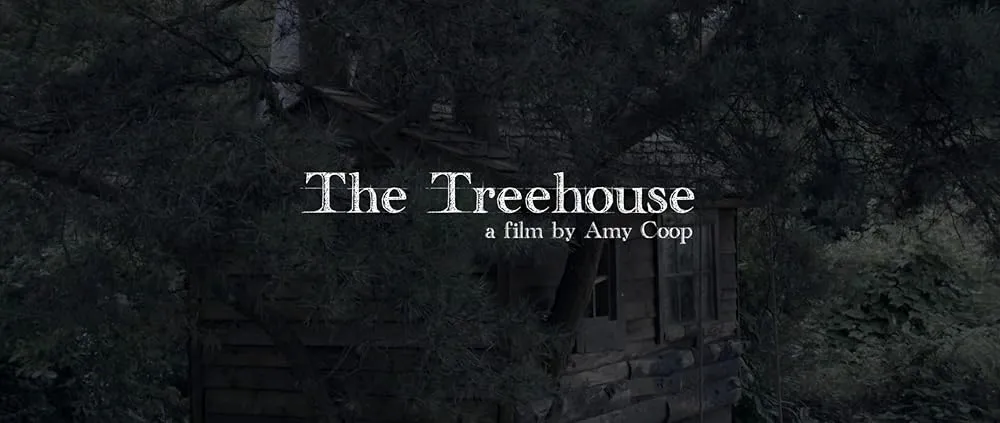They went to war with guns. They came back with ghosts.
Terrence Malick’s philosophical masterpiece returns in The Thin Red Line (2025)—not as a remake, but as a bold spiritual continuation. With Malick serving as executive producer and cinematographer, and direction handed to acclaimed filmmaker Denis Villeneuve (Dune, Arrival), this new vision revisits the haunting intersection of nature, violence, and human fragility in a world consumed by conflict.
![The Thin Red Line - Official® Trailer [HD]](https://i.ytimg.com/vi/YuhnE_AFst4/hq720.jpg?sqp=-oaymwEhCK4FEIIDSFryq4qpAxMIARUAAAAAGAElAADIQj0AgKJD&rs=AOn4CLDsqi6LgqKqZEnmCR4qSz32YznkGg)
Set in 1945 during the final Pacific campaigns of World War II, the story follows a new infantry unit deployed to the scorched volcanic islands near Okinawa. Among them: Private Ellis (Timothée Chalamet), a soft-spoken artist conscripted into hell; Sergeant Tanaka (Steven Yeun), a Japanese-American torn between two identities; and Captain Roth (Oscar Isaac), a weary officer trying to hold sanity together as bodies and commands fall apart.
As battles rage in the jungles and the caves, the film plunges deeper—not just into combat, but into memory, dream, and metaphysical doubt. Soldiers hear voices from home. Trees shimmer in slow collapse. Death is everywhere, but so is grace. Nature observes them with indifference. War, it seems, is not just a human failure—it’s a cosmic wound.

Shot in sweeping 70mm with immersive natural light and no artificial score (only ambient sound and choral whispers), The Thin Red Line (2025) is less about what happens, and more about what it means. Each man becomes a vessel of fear, love, and confusion—haunted by the thin, ever-blurring line between life and death, duty and madness, soul and soil.
This isn’t just another war film. It’s a meditation—on mortality, on beauty, and on the eternal question: Why must we destroy what we can’t understand?



